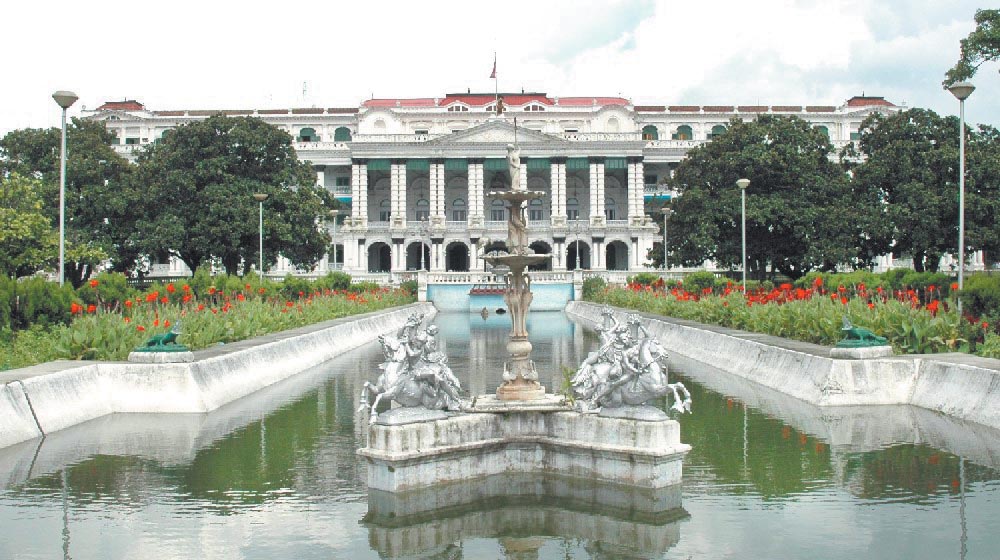Vulnerable sections to get free, subsidised food
Kathmandu, August 20
The Right to Food Bill registered in the Federal Parliament has provisioned that every citizen will have the right to food, food security and food sovereignty, and the federal, provincial and local governments will have to make sure that the right is protected.
As per the bill, the government will identify individuals, families, societies or regions facing famine or risk of famine and maintain and regularly update records. The government will also identify and maintain and regularly update records of targeted households facing food insecurity due to rural or urban poverty, geographical remoteness, natural disaster or other reasons, and supply food to provincial and local levels concerned.
On the basis of the above mentioned records, local governments will issue Food Assistance Identity Cards to targeted households. The government will provide subsidised food to the targeted families and free food for those with special needs through the local bodies, and make sure such food meets the set nutrition standards.
The three tiers of government will make sure that they have enough food stock and efficient supply mechanism to ensure that nutrition needs of the people are met during any emergency situation such as natural disasters, according to the bill. The bill has proposed that the government also declare any region ‘food emergency region’ for a certain period in the event of natural disasters, epidemics and fire.
All three tiers of government, in mutual coordination, will work to preserve farming profession and boost farmers’ living standards by attracting investment in the sector; increasing farmers’ access to new technologies, fertilisers and seeds; prioritising cash and exportable crops; promoting farmers’ access to agriculture insurance; promoting organic farming; setting floor prices of certain crops; and promoting modernisation, professionalisation and industrialisation of agriculture.
The government will categorise farmers and issue them identity cards, on the basis of which they will be eligible for government facilities.
For preservation and sustainable utilisation of agricultural land, the government will categorise land; promote cultivation of recognised crops; not allow use of agriculture land for other purposes or plotting; and promote cooperative farming, contract farming and group farming.
The government will also run Agriculture Development Programme targeted at protecting rights of farmers belonging to dalit, endangered, endogenous and landless communities. As per the bill, if a farmer faces loss of productivity just because of using seeds or procedure recommended by a cooperative, company or institution, such farmers will be compensated by such organisations.
The government will have to regularly publish the status, types and volume of food stock, prices and food supply situation, and take measures to stabilise food prices.
The government will set up the National Food Council under the chairmanship of the federal minister concerned and Provincial Food Councils under the provincial ministers concerned. Such councils will work for the protection of citizens’ right to food, food security and food sovereignty.
The bill will have to be endorsed by the Parliament within September 19.
Penalty provisions
- Ten years jail or Rs 500,000 fine or both for those creating a famine-like situation or obstructing people’s access to food
- Three years jail or Rs 200,000 fine or both for destroying or misusing food stock kept for emergency situation, disrupting food supply in emergency situation, and disrupting transport, supply, distribution and marketing of basic food items
- Five years jail or Rs 5000,000 fine for displacing people depriving them of livelihood
- One year jail or Rs 100,000 fine for not supplying food to the targeted group






